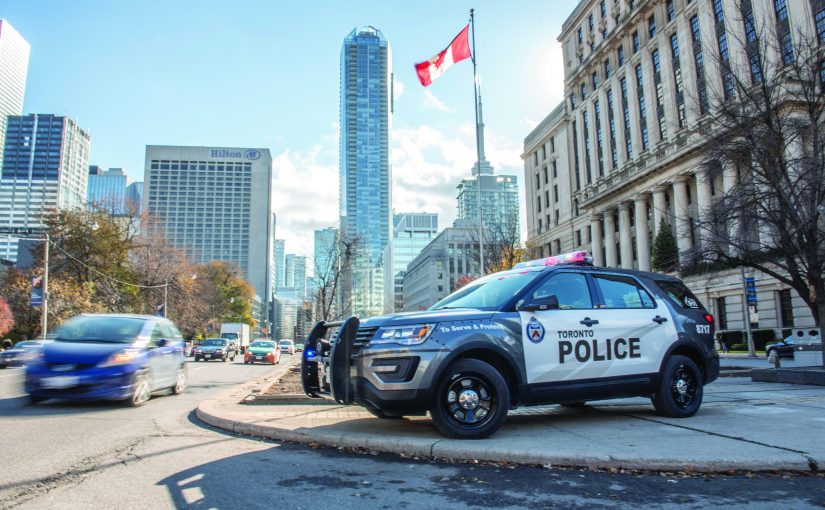Multisector Collaboration to Prevent Violent Extremism
A Framework to Enhance Community Safety and Well-Being in Canada’s Largest City

Three years have passed since the World Health Organization declared the COVID-19 global pandemic, and since that time, millions of people have died, and governments worldwide are still reeling from the social impact of this global health crisis. The public safety lockdown orders that impacted personal freedoms, compounded by the effects of people spending more time in isolation and online, have resulted in an increased distrust in government, widespread conspiracy theories, and a rise in hatred toward identifiable groups (e.g., race, gender, occupation). Each of these factors has the potential to drive an individual toward violent extremism.
In 2021, the United Nations Security Council – Counter-Terrorism Committee Directorate (CTED) conducted a survey of member states and reported that 69 percent of respondents stated that counterterrorism has become more challenging as a result of the COVID-19 pandemic. Furthermore, 72 percent stated that prevention- and intervention-based activities that fall under the banner of countering violent extremism (also referred to as preventing violent extremism; hereafter, P/CVE) have also become more challenging since the start of the pandemic.
In response to this growing challenge, the Toronto Police Service and its partner agencies in Toronto, Ontario, Canada, developed and operationalized a framework and activities to accompany (not replace) more traditional approaches for dealing with extremist violence, thereby offering a comprehensive model that includes both proactive and reactive approaches to addressing the current and complex threat environment.


